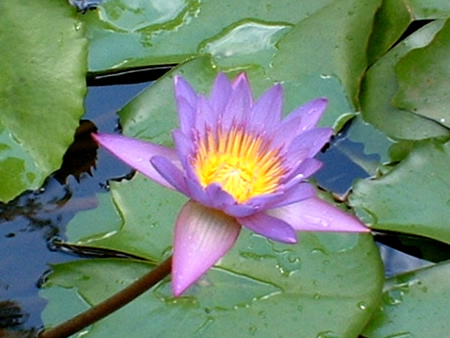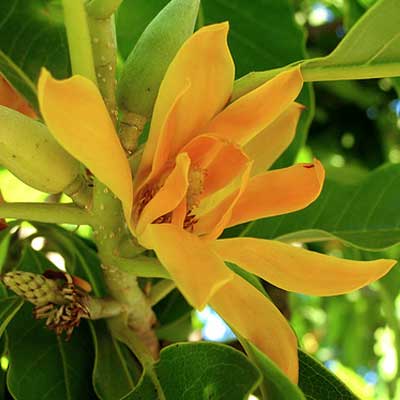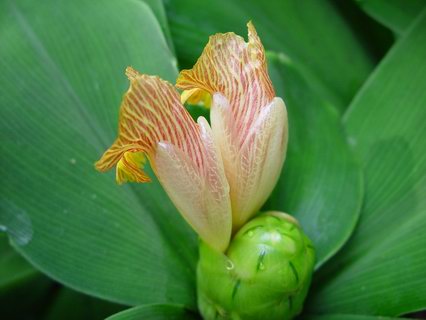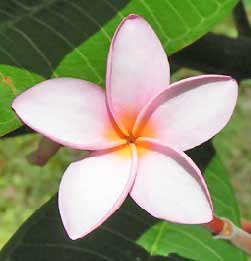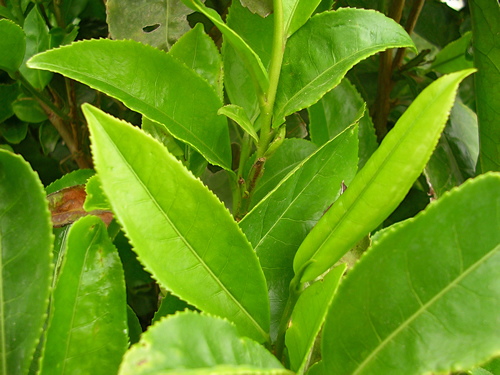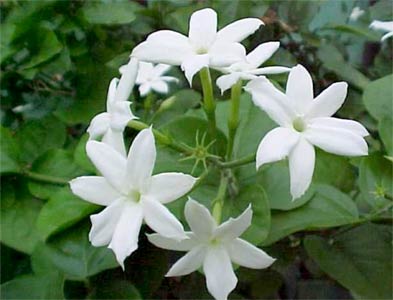Ginger Lily Absolute
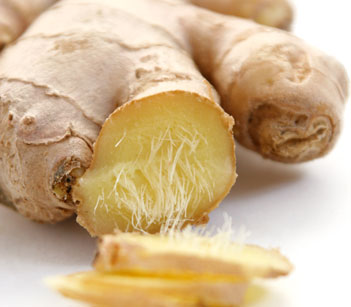
Ginger Lily Absolute
Absolute oils are extracted from flowers, leaves or bark. The majority of essential oils are produced by the process of steam distillation. Some flowers, however, are too delicate for steam distillation (they get much damaged) and so their oils are more prolifically produced by extraction or enfleurage, as explained below. These oils are called absolute oils (absolutes). Absolute oil should not really be called an essential oil, it is an essence, it has a very high concentration of fragrance and a little goes a long way. Absolute oil is volatile, meaning it evaporates as opposed to a fixed oil which does not. Absolute oils are generally more expensive to buy than steam distilled oils. Production of Absolute Oils The common method used to process absolute oils is a two step process, the first step being one of either solvent extraction or enfleurage and the second step being the addition of alcohol. Step One, Solvent Extraction: The botanicals are placed in drum together with a solvent mixture, usually hexane. The solvent is then allowed to be absorbed into the extract. Vacuum distillation is then applied to remove the solvent, leaving behind a material called a concrete or a resin. OR Step One, Enfleurage: The botanicals are placed upon fats, allowing the fragrance to be absorbed into the fat over the space of a few days. This process is repeated until the fat is saturated with the desired density of fragrance. The resulting fragrant fat is called pomade. Step Two: The concrete (resin) or pomade is washed with alcohol to extract the aromatic compounds from the pigments and waxes, after which it is distilled to leave behind the pure essence, the absolute oil. There is a now; also, a new method of absolute oil extraction but it is very expensive - through the use of hypercritical carbon dioxide. Carbon dioxide under pressure at 33 degrees Celsius becomes hypercritical (meaning it is neither a liquid nor a gas). This hypercritical carbon dioxide acts as a solvent which almost instantaneously extracts the oil and because of the low temperature there is no heat damage to the oil. Due to the expense of this process it is not yet widely used. Storage and Handling Absolute Oils should be stored in dark, air-tight, glass bottles. The oils should be kept away from heat. If care is taken with storage, some absolutes can last for up to 5 years. Both absolute and essential oils should always be handled with care as they can be harmful. If you are not familiar with these oils, be sure to consult with an aromatherapy practioner before using them.
Send Enquiry